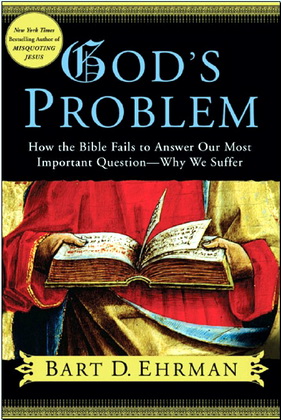
Ehrman - The Orthodox Corruption of Scripture
Ehrman's incisive analysis makes a significant contribution to our understanding of the history of early Christianity.
In a study that explores the close relationship between the social history of early Christianity and the textual tradition of the emerging New Testament, Ehrman traces how early struggles between "heresy" and "orthodoxy" affected the transmission of the documents. He argues that proto-orthodox scribes of the second and third centuries occasionally altered their sacred texts for polemical reasons--for example, to oppose adoptionists like the Ebionites, who claimed that Christ was a man but not God.
Ehrman B. The Orthodox Corruption of Scripture - The Effect of Early Christological Controversies on the Text of the New Testament
OXFORD UNIVERSITY PRESS
New York Oxford
First issue d as an Oxfor d Universit y Press paperback, 1996
New York Oxford
First issue d as an Oxfor d Universit y Press paperback, 1996
ISBN-13 978-0-19-510279-6 (Pbk.)
Ehrman B. The Orthodox Corruption of Scripture - The Effect of Early Christological Controversies on the Text of the New Testament - Contents
Introduction
- 1. The Text of Scripture in an Age of Dissent: Early Christian Struggle s for Orthodoxy
- 2. Anti-Adoptionisti c Corruptions of Scripture
- 3. Anti-Separationis t Corruption s of Scripture
- 4. Anti-Doceti c Corruptions of Scripture
- 5. Anti-Patripassianis t Corruptions of Scripture
- 6. Th e Orthodo x Corruptors of Scripture
Bibliography o f Secondary Works Cited
Index o f Scripture
Index of Modern Authors
Index of Subject s an d Ancien t Sources
Ehrman B. The Orthodox Corruption of Scripture - The Effect of Early Christological Controversies on the Text of the New Testament - Acknowledgments
My persona l and institutiona l debts have grown dramaticall y with the writing of this work , and here I would like to make a grateful, if partial , ac - knowledgment. Th e University of Nort h Carolin a at Chape l Hil l ha s been supportive o n al l levels : the Faculty Research Council generousl y provide d funding through a Faculty Development Grant in 1989 , and the Institute for Arts and Humanities , under the direction of Ruel Tyson, awarded m e facult y fellowships fo r th e summe r of 198 9 an d th e sprin g of 1992 , easin g my teaching burde n an d providin g a foru m fo r intellectua l discourse wit h scholar s i n other fields—a surprisingly rare treat i n modern academia . I am als o obliged to m y graduate researc h assistants , C . W. Thompson and Ki m Haines Eitzen, who prove d assiduou s i n gathering, checking, an d evaluatin g bibliographical items, and , above all , to m y colleagues i n the Departmen t o f Religiou s Studies, who hav e tendered thei r mora l an d materia l support ever y step along the way.
I a m especiall y gratefu l t o m y wife , Cindy , whos e understandin g and good humo r gre w wit h th e lengt h o f th e manuscript , an d t o m y daughter, Kelly, an d son , Derek , whos e capacit y fo r fu n an d zes t fo r lif e hav e always provided a health y antidot e fo r th e lon g hour s tha t Da d wa s shu t u p i n his study o r los t o n anothe r planet.
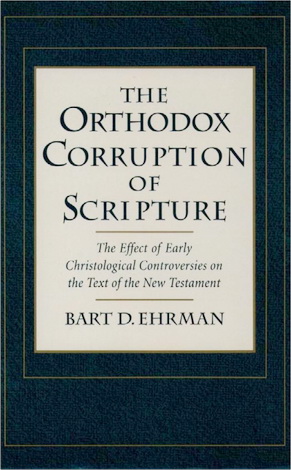
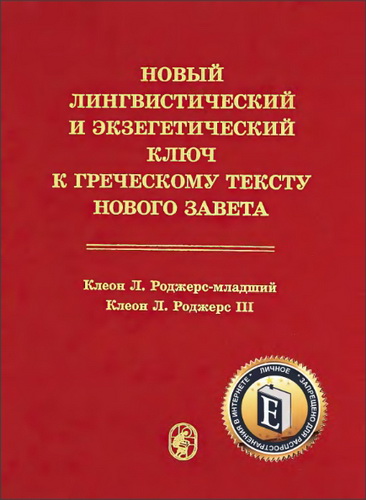
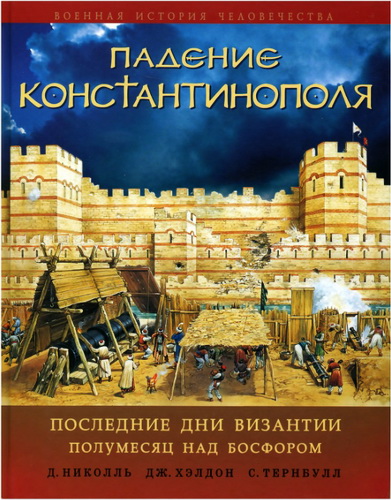
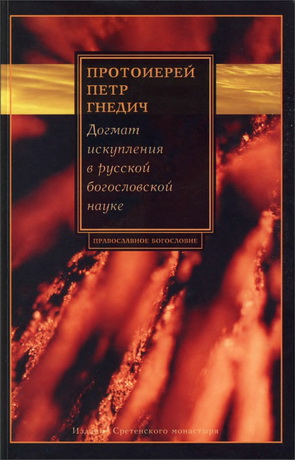
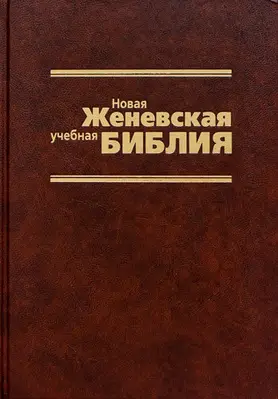
Комментарии
Пока нет комментариев. Будьте первым!